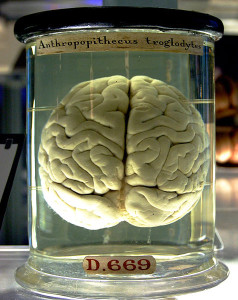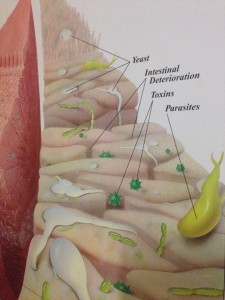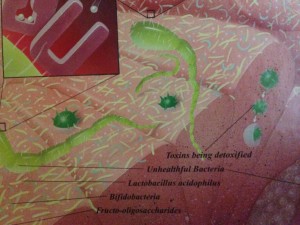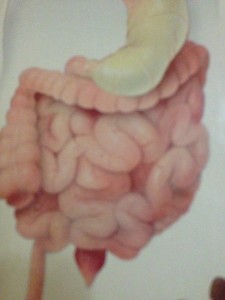Are Pesticides Causing Memory Issues and Alzheimer’s?
Scientific America is weighing in on this question based on research reported by the Journal of the American Medical Association Neurology.
At Scientific American suggests that “saying that any pesticide causes Alzheimer’s disease (AD) is going too far. But evidence from a small study reported in JAMA Neurology suggests there could be a connection.” But the question still remains, “Are pesticides causing memory issues and Alzheimer’s?”
The JAMA Neurology study looked at pesticide levels in the blood of people with Alzheimer’s disease (AD) and those who didn’t have it. They looked for blood levels of DDE (a major byproduct of the pesticide DDT). The levels of DDE in the AD subjects were almost FOUR TIMES HIGHER than in the controls. FOUR TIMES HIGHER.
This comes as no great surprise to those of us who have been looking at this chemical toxicity issue already for decades. And, I go into detail about this connection, as ONLY 1 of MANY, in my books. Learn more by going to http://www.OutsmartingDementia.com and http://www.SuperBrain-TheBook.com.
#Alzheimer #SuperBrain #obesity #pesticides
Scientific American states that there are still minute levels of DDE, a pesticide, in the US environment in spite of DDT having been banned in this country after Rachel Carson’s wide-spread alerting of the public in her seminal book, Silent Spring.
There are still countries that permit the use of DDT pesticide in agriculture, and thus residues are most likely to be found fruits and vegetables imported from there. The pesticide has also been found in seafood, particularly farmed fatty fish, such as salmon, and shellfish imported from other countries. DDE and DDT do not break down quickly, so that is one reason why they are so persistent even after being banned.
Scientific American advises that to reduce your exposure, wash produce thoroughly, throw away the outer leaves of leafy vegetables such as cabbage and trim the fat from meat and fat and skin from poultry and fish. If you eat sport-caught fish, check your state’s advisories for which types to avoid. If you don’t avoid it you may be susceptible to its ill effects and memory loss and Alzheimer’s.
Because trace amounts of pesticides (and other bad chemicals) can be in the water you drink from the tap, it is essential that you filter your drinking and cooking water with an effective water filtration system like the ones we recommend at http://www.multipureusa.com/redwoodclinic. Buy one and use it to save the lives of yourself and your children.
The Scientific American article can be found at Memory on May 25, 2015







 Over one million people in the U.S. alone will be diagnosed with diabetes this year. There is a good chance that you or someone you know will be affected by diabetes. While it is generally a long-term condition, diabetes can be managed through self-care, nutrition, and medication. Another safe, effective approach to managing diabetes and its symptoms is acupuncture. Acupuncture and Traditional Chinese Medicine (TCM) help promote health and well-being. Both can be used safely along with your current medical treatment to provide the best results for you.
Over one million people in the U.S. alone will be diagnosed with diabetes this year. There is a good chance that you or someone you know will be affected by diabetes. While it is generally a long-term condition, diabetes can be managed through self-care, nutrition, and medication. Another safe, effective approach to managing diabetes and its symptoms is acupuncture. Acupuncture and Traditional Chinese Medicine (TCM) help promote health and well-being. Both can be used safely along with your current medical treatment to provide the best results for you.